The Devastating Question Marilyn Monroe Asked Judy Garland, New Book Claims
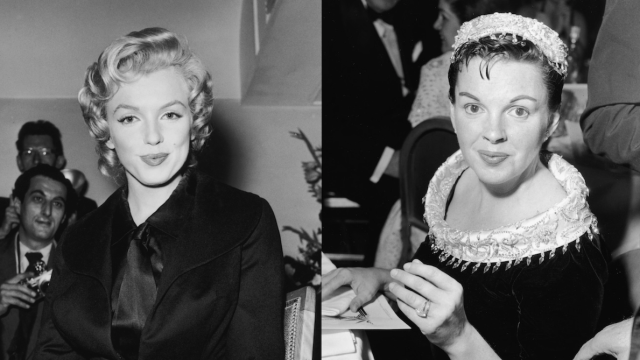
You may not have realized that Hollywood icons Judy Garland and Marilyn Monroe were peers and friends, especially because their heydays came at different times. The former came to fame as a child star in the 1930s, while the latter made a name for herself in comedies in the 1950s. But, Garland was actually only four years older than Monroe, and the two did cross paths. In fact, they had a personal connection outside of the two actors both meeting similarly tragic ends.
The new English translation of a French book includes a story about an industry party at which Monroe asked Garland a devastating question. The blonde bombshell was clearly looking for comfort, and the former child star told her they should keep in touch. Monroe died less than a year after that conversation.
Read on to find out what Monroe said to Garland and to learn more about their relationship.
READ THIS NEXT: Sammy Davis Jr.’s Relationship With This Star Led to a Mob Threat on His Life.
Monroe asked Garland a sad question.
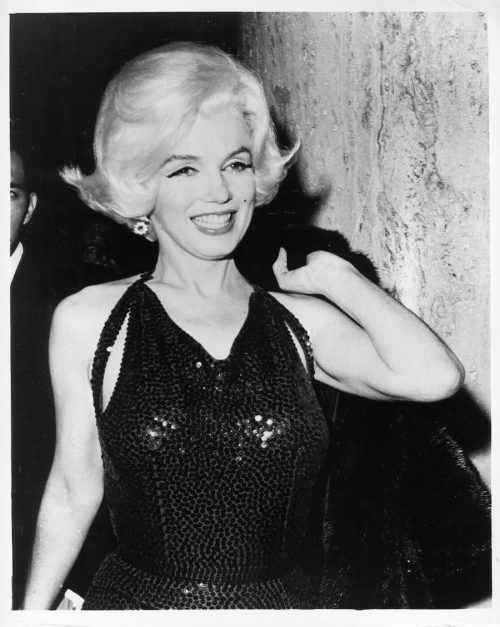
Lawrence Schulman, who translated the Bertrand Tessier’s book Judy Garland: Splendor and Downfall of a Legend from French to English, spoke to Fox News Digital about a conversation Garland and Monroe had at a party in 1962.
“In the literature that exists about Judy Garland, she always told the story that… Marilyn Monroe got her into a corner and asked Judy, ‘Aren’t you afraid? Aren’t you afraid of life?'” Schulman said. “And Garland said, ‘Sure, we’re all afraid of life.'”
This was the last time that Monroe saw Garland, because the Some Like It Hot actor died in August 1962 of a drug overdose.
Garland said they shared similar struggles.
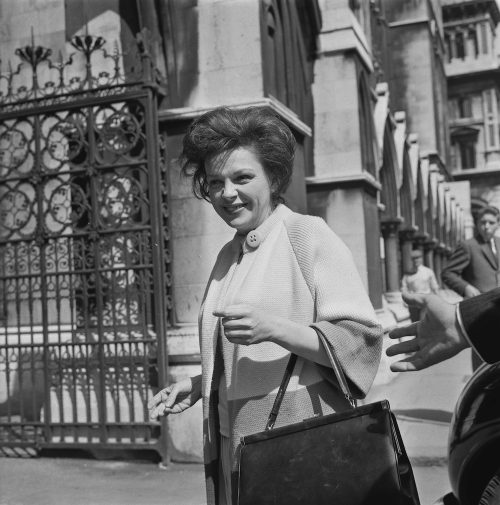
In 1967, five year’s after her death, Garland wrote an article about Monroe for Ladies’ Home Journal. “I knew Marilyn Monroe and loved her dearly,” the Wizard of Oz star wrote (via Fox News). “She asked me for help. Me! I didn’t know what to tell her.”
As reported by People, the article is featured in the book Judy and I: My Life with Judy Garland, written by Garland’s third husband, Sidney Luft. Garland wrote about a party where Monroe followed her “from room to room.” She also recalled their conversation:
“I don’t want to get too far away from you,” she said. “I’m scared!”
I told her, “We’re all scared. I’m scared, too!”
“If we could just talk,” she said, “I know you’d understand.”
I said, “Maybe I would. If you’re scared, call me and come on over. We’ll talk about it.”
“That beautiful girl was frightened of aloneness—the same thing I’d been been afraid of,” Garland wrote. “Like me, she was just trying to do her job—garnish some delightful whipped cream onto some people’s lives, but Marilyn and I never got a chance to talk. I had to leave for England and I never saw that sweet, dear girl again. I wish I had been able to talk to her the night she died.”
For more celebrity news delivered right to your inbox, sign up for our daily newsletter.
They stayed in contact over the years.
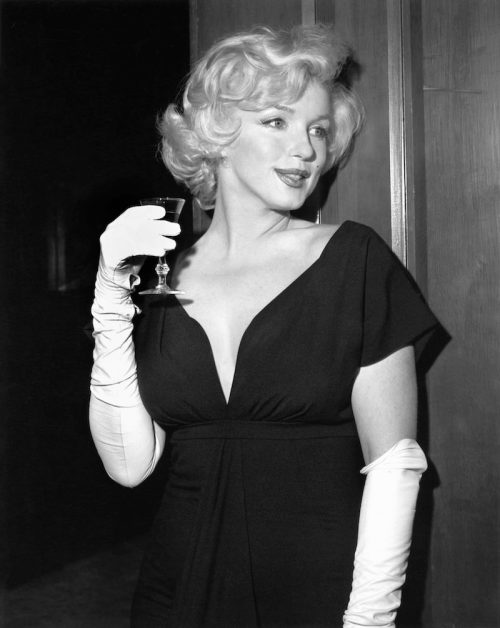
Schulman explained that Monroe and Garland first met in 1959. “They probably met two or three times,” Schulman said. “But they felt for each other, that’s for sure.”
The translator continued, “Marilyn Monroe, to some degree, had an even more fragile personality than Judy Garland. They were both fragile personalities, and I think that’s why they liked each other because they felt the same stress and difficulties in life. I think that’s what brought them together.” Both Monroe and Garland had massive fame and dealt with the downsides of that celebrity. They also both struggled with substance abuse throughout their lives.
In his book, Luft revealed that Monroe’s death was “especially troubling to Judy since Marilyn had been one of Judy’s telephone pals during her years of insomnia.” The movie producer also wrote about Monroe visiting their home and playing with their children, Lorna and Joey Luft.
“She’d sit by the fire, not talking much, a quiet presence,” he recalled. “Marilyn was sweet and very unhappy. She’d chat with Judy and play with the children, hang out.”
Garland believed Monroe’s death was accidental.
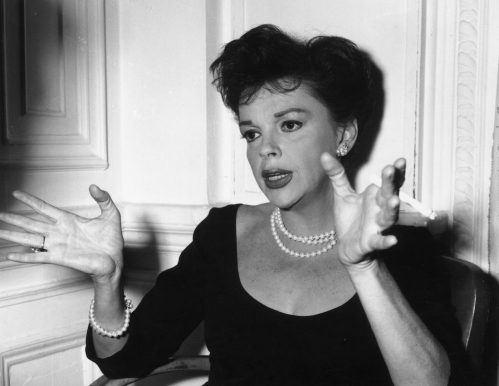
Monroe died of a barbiturate overdose at 36 years old. According to People, her death was ruled a “probable suicide.” She had a lethal amount of an anxiety medication in her system, as well as a large amount of a sedative.
Garland wrote in the Ladies’ Home Journal article that she believed Monroe’s death was an accident.
“I don’t think Marilyn really meant to harm herself,” Garland said. “It was partly because she had too many pills available, then was deserted by her friends. You shouldn’t be told you’re completely irresponsible and be left alone with too much medication. It’s too easy to forget. You take a couple of sleeping pills and you wake up in 20 minutes and forget you’ve taken them. So you take a couple more, and the next thing you know you’ve taken too many.”
Garland met a similar fate only two years after opening up about her friendship with Monroe. In 1969, she died of a barbiturate overdose—which was ruled to be accidental—at age 47.